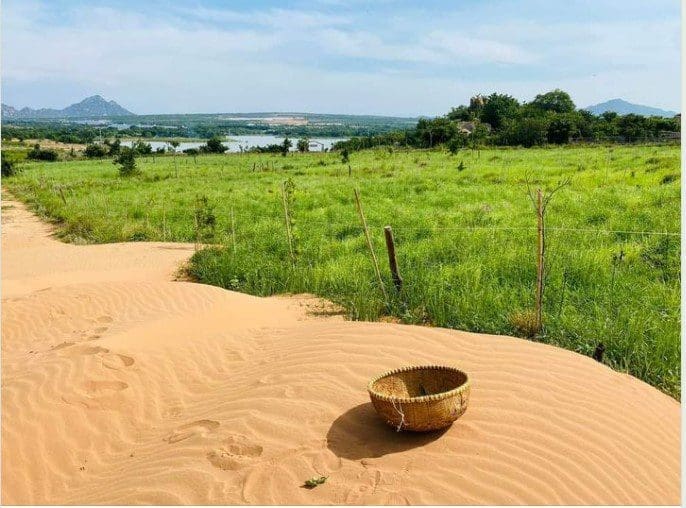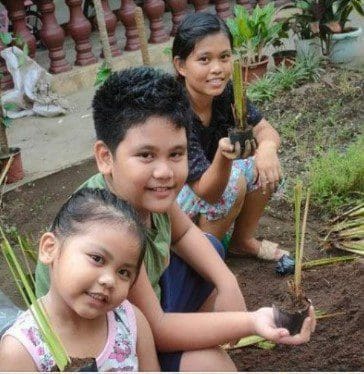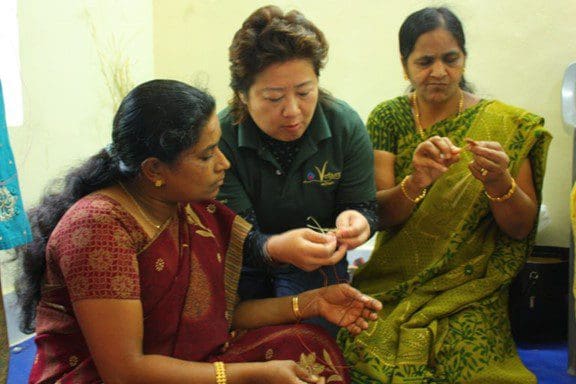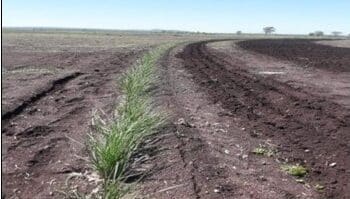Vetiver amd Climate Change (TVNI – NL-2022-08)
Climate Change
Current, climate change related, extreme drought, heatwave and flood events are having a devasting impact on us all. The agricultural sector is especially impacted, particularly small and vulnerable farmers. The Vetiver System can help prevent/reduce some of the negative impacts of climate change if applied prior to the event; and can be used to mitigate some of the damage after the event. It is important to remind ourselves what the Vetiver System can do for the agricultural sector….….… Read the rest “Vetiver amd Climate Change (TVNI – NL-2022-08)”




